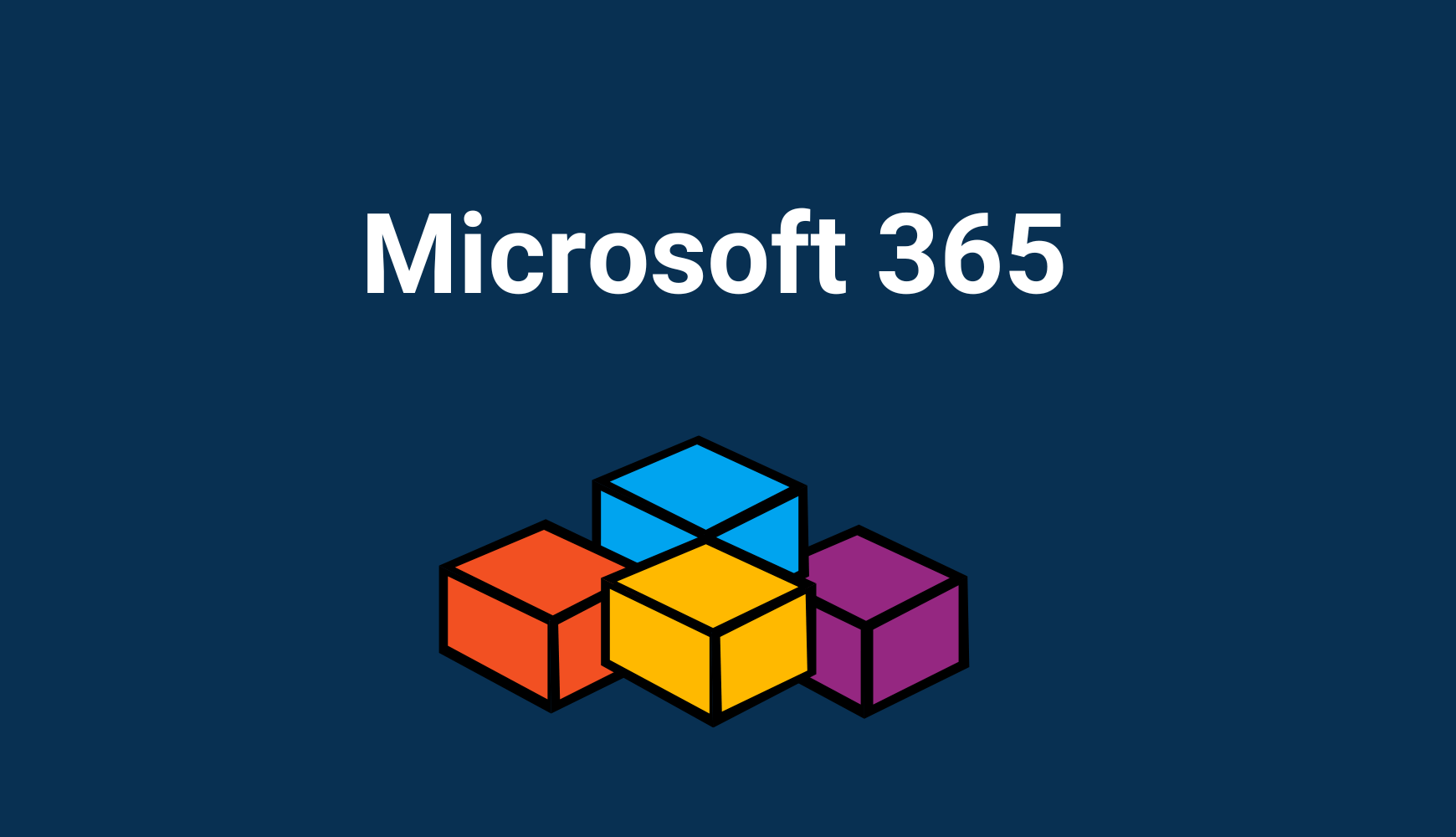Microsoft 365 Certified: Enterprise Administrator Expert

About Course
This 5-day course covers three central elements of Microsoft 365 enterprise administration – Microsoft 365 tenant and service management, Microsoft 365 management, and Microsoft 365 identity management. Microsoft 365 Enterprise Administrators evaluate, plan, migrate, deploy, and manage Microsoft 365 services.
In Microsoft 365 tenant and service management, you will examine all the key components that must be planned for when designing your Microsoft 365 tenant. Once this planning phase is complete, you will learn how to configure your Microsoft 365 tenant, including your organizational profile, tenant subscription options, component services, user accounts and licenses, and security groups. Finally, you will learn how to manage your tenant, which includes the configuration of tenant roles and managing your tenant health and services.
With your Microsoft 365 tenant now firmly in place, you will examine the key components of Microsoft 365 management. This begins with an overview of Microsoft 365 product functionality, including Exchange Online, SharePoint Online, Microsoft Teams, Microsoft Power Platform, and device management. You will then transition to configuring Microsoft 365, with a primary focus on configuring Office client connectivity. Finally, you will examine how to manage user-driven client installations of Microsoft 365 Apps for enterprise (formerly Office 365 ProPlus) deployments. You will wrap up this section by learning how to configure Office Telemetry and Workplace Analytics.
The course concludes with an in-depth examination of Microsoft 365 identity synchronization, with a focus on Azure Active Directory Connect. You will learn how to plan for and implement Azure AD Connect, how to manage synchronized identities, and how to implement password management in Microsoft 365 using multi-factor authentication and self-service password management. This section wraps up with a comprehensive look at implementing application and external access. You will learn how to add and manage applications in Azure Active Directory, including how to configure multi-tenant applications. You will then examine how to configure Azure AD Application Proxy, including how to install and register a connector and how to publish an on-premises app for remote access. Finally, you will examine how to design and manage solutions for external access. This includes licensing guidance for Azure AD B2B collaboration, creating a collaborative user, and troubleshooting a B2B collaboration.
Exam MS-100: Microsoft 365 Identity and Services
This exam measures your ability to accomplish the following technical tasks: design and implement Microsoft 365 services; manage user identity and roles; manage access and authentication; and plan Office 365 workloads and applications.
Candidates for this exam are Microsoft 365 enterprise administrators who take part in evaluating, planning, migrating, deploying, and managing Microsoft 365 services. They perform Microsoft 365 tenant management tasks for an enterprise, including its identities, security, compliance, Power Platform, and supporting technologies. Candidates have a working knowledge of Microsoft 365 workloads and should have been an administrator for at least one Exchange, SharePoint, Teams, or Windows 10 deployment. Candidates also have a working knowledge of networking, server administration, and IT fundamentals such as DNS, Active Directory, and PowerShell.
Exam MS-101: Microsoft 365 Mobility and Security
This exam measures your ability to accomplish the following technical tasks: implement modern device services; implement Microsoft 365 security and threat management; and manage Microsoft 365 governance and compliance.
Candidates for this exam are Microsoft 365 enterprise administrators who take part in evaluating, planning, migrating, deploying, and managing Microsoft 365 services. They perform Microsoft 365 tenant management tasks for an enterprise, including its identities, security, compliance, and supporting technologies. Candidates have a working knowledge of Microsoft 365 workloads and should have been an administrator for at least Exchange, SharePoint, Teams, Windows 10 deployment. Candidates also have a working knowledge of networking, server administration, and IT fundamentals such as DNS, Active Directory, and PowerShell.